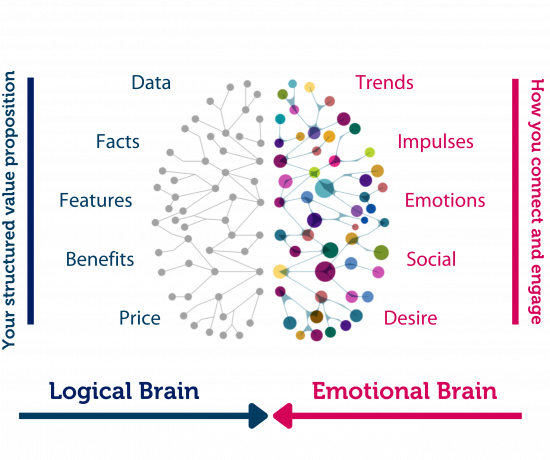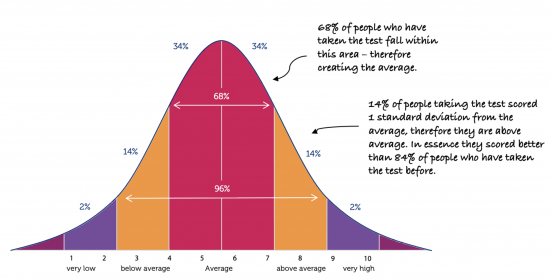Unleash the
Power Of Salecology
We transform sales organisations by combining
the ART and SCIENCE of selling
to deliver Top Line Revenue growth.

Keynote and
Workshops

Revenue
Enablement

Insight and
Articles

Personality
Profiling
Emotion drives Motion
At Salecology we understand what it takes to engage the customer's heart and mind into the sale. It takes both sides of the brain to get the customer to say YES, but it is the emotion that drives motion.
Our Salecologists utilise science, data and real world experience to deliver customised training and revenue enablement programmes to build high-performing, emotionally intelligent teams that deliver outstanding results.
Harness the power of psychology to Win in 2023/24
Having sold through 3 large financial crises, we share with you how to spot shifts in mindset in both the customer and the sales teams, and how to harness sales psychology to transform your sales approach and thrive in the storm.
Award Winning
Sales Training
Salecology build high energy, interactive training for all customer-facing roles and leaders. We know how to fast track the learning and build tailored workshops to upskill your team, and ensure that the new tools and techniques are embedded.
Globally recognised




Create an
Abundance of Talent
Our unique understanding of people and organisation can help you define what good looks like and identify those people who can be successful in your organisation.
Our What Great Looks Like process scientifically defines the type of individual who will succeed in the role, contextual to your company culture, ambition and marketplace and our Talent Stack provides a framework for investigating the key predictors of performance in each individual.
A Capability and Gap Analysis will help build targeted recruitment and training strategies.
Customer experiences
Jonathan shares how Salecology helped grow his sales team's capability and achieve huge results
Karen shares why she chose to become a partner with Salecology to expand her product portfolio
Andy shares how Salecology delivered fast growth to his business and outperforming the market
Revenue Enablement
We didn't just write the book on selling, we also write them for our customers. We help build:
- Playbooks and Gameplans
- Go-To-Market Strategies
- Sales Process and Methodology
- Sales Messaging and Sequencing
- Coaching and Performance Analysis
- On-boarding and fast start programmes.
And then we develop your trainers and enablement team to deliver the coaching, training and provide on-going support.
Latest Blog articles
How to build Distinctive Dominance is SaaS sales
How to build Distinctive Dominance. Product features and functionality is easily replicated so its hard to identify USPs but demonstrating a Distinctive Dominance in the mind of your customer will ensure you win more business and retain more customers.
Client Centricity - the heartbeat of sales
Many businesses proudly wear the badge of being 'client-centric'. But is your version of client-centricity merely a buzzword, or is it genuinely embedded in every facet of your business? Take a look at 3 core elements to become more customer centric.
Insight Agility: How to pivot your sales team
Insight Agility, is about how hi performing sales organisations gather insight, package it in a way that enables the sales team can use it to continue to reshape their Go-To-Market approach and win more business, even in an economic downturn.
The Disruptive Mindset - The catalyst to sales
A Disruptive Mindset is about customers seeing things differently, the mindset of the person engaging with the customer needs to be able to reframe their thoughts in order for them to engage and see why they should change from what they are already doing.
Get in touch
Media enquiries
For all media enquiries please contact us on +44 207 649 9959 or email hello@salecology.com.
For customer support please click the 'get in touch' button and send us your query or call us direct on +44 (0)207 649 9959












